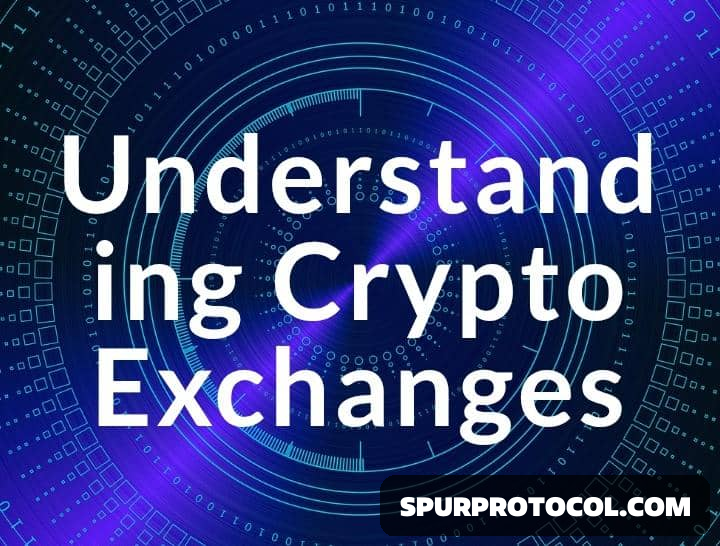Crypto exchanges and marketplaces are online platforms that allow users to buy, sell, and trade cryptocurrencies. These platforms provide a way for users to access the cryptocurrency market and participate in trading without the need for a centralized intermediary.
There are two main types of crypto exchanges and marketplaces: centralized and decentralized.
Crypto mining is the process of verifying transactions and adding new blocks to a blockchain. This process is necessary to maintain the integrity of the blockchain, and it is how new units of cryptocurrency are created and distributed to miners.
The mining process typically involves solving complex mathematical equations using powerful computers. These equations require a significant amount of computational power and energy, making mining a resource-intensive process. As a result, it can be a costly and time-consuming process for individual miners to participate in.
As new blocks are added to the blockchain, miners are rewarded with a certain number of units of the cryptocurrency they are mining. This reward serves as an incentive for miners to continue verifying transactions and adding new blocks to the blockchain.
The process of mining cryptocurrency can be highly competitive, with many miners vying for a limited number of rewards. As a result, miners may need to invest significant amounts of time, money, and energy in order to be successful.
Centralized exchanges are owned and operated by a single company, and they serve as a central point of control for trading activities. Examples of centralized exchanges include:
Binance: Binance is one of the largest and most popular crypto exchanges in the world. It offers a wide range of cryptocurrencies for trading and has a reputation for low fees and high trading volumes.
Coinbase: Coinbase is one of the most well-known crypto exchanges and is popular among beginners. It offers a simple and user-friendly platform for buying and selling cryptocurrencies.
Decentralized exchanges, on the other hand, are built on blockchain technology and operate in a peer-to-peer fashion, without a central authority or intermediary. Examples of decentralized exchanges include:
Uniswap: Uniswap is a decentralized exchange built on the Ethereum blockchain. It uses an automated market maker (AMM) system to facilitate trades, and allows users to trade a wide range of Ethereum-based tokens.
To use a crypto exchange or marketplace, users typically need to:
Create an account and provide some form of identification, such as a government-issued ID or passport.
Link a payment method, such as a bank account or credit card, in order to buy or sell cryptocurrency.
Once a user has created an account and linked a payment method, they can begin trading cryptocurrency on the platform. This typically involves placing buy or sell orders for a specific cryptocurrency, and waiting for the order to be fulfilled by another user on the platform.
Crypto exchanges and marketplaces typically charge fees for their services, which can vary depending on the platform and the type of transaction being made. Fees may include transaction fees, deposit and withdrawal fees, and trading fees.
One of the key benefits of using a crypto exchange or marketplace is that it provides users with access to a global market for cryptocurrencies. This can be especially useful for users who live in countries where cryptocurrencies are not yet widely available or accepted as a form of payment.
However, there are also risks associated with using crypto exchanges and marketplaces. These risks can include hacking, fraud, and market volatility. It's important for users to take steps to protect their accounts and funds, such as using strong passwords and two-factor authentication, and keeping their cryptocurrency holdings in a secure wallet.
In summary, crypto exchanges and marketplaces are online platforms that allow users to buy, sell, and trade cryptocurrencies. These platforms provide access to a global market for cryptocurrencies, but also come with risks such as hacking and market volatility. Users should take steps to protect their accounts and funds, and be aware of the fees and risks associated with trading cryptocurrency on these platforms.

